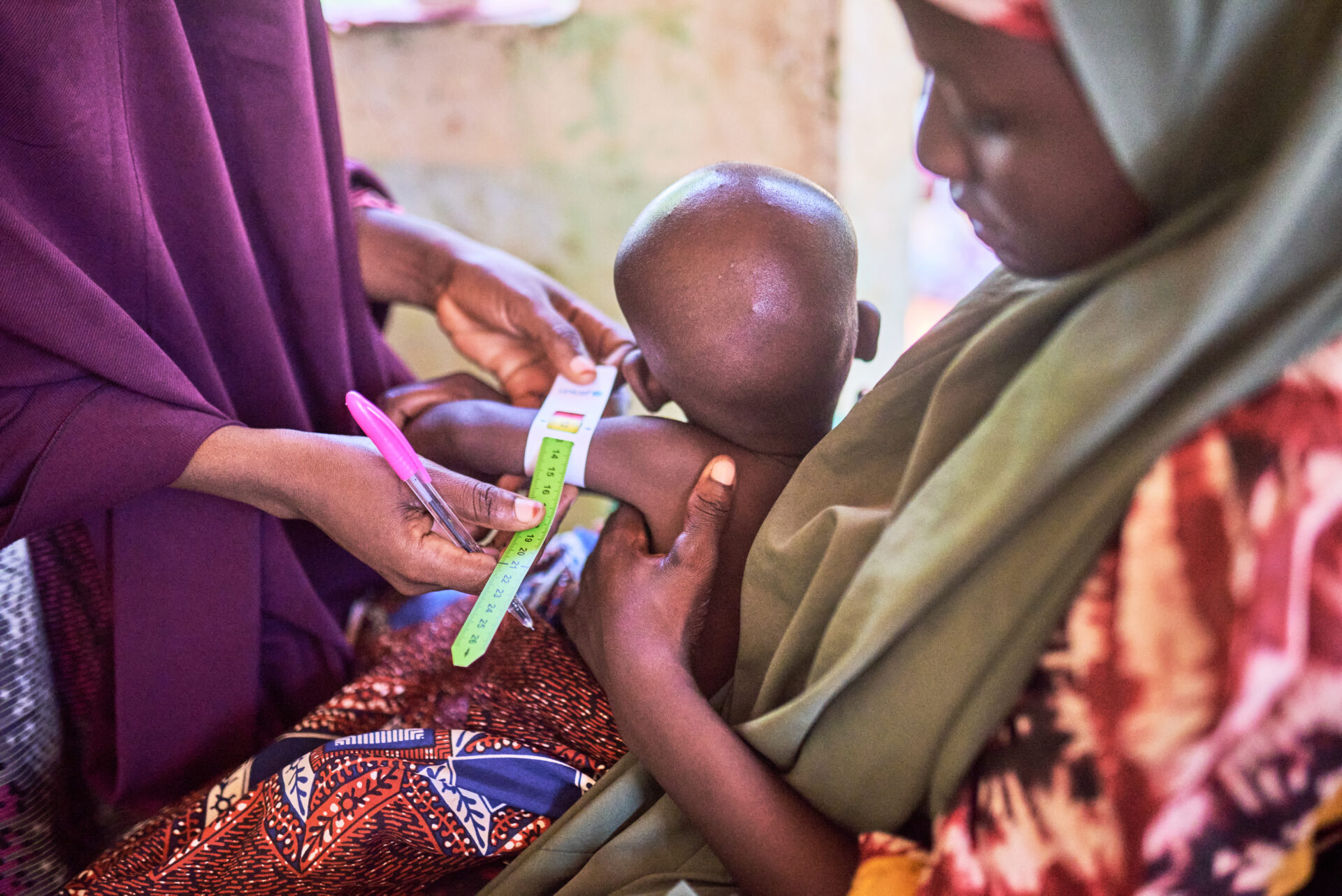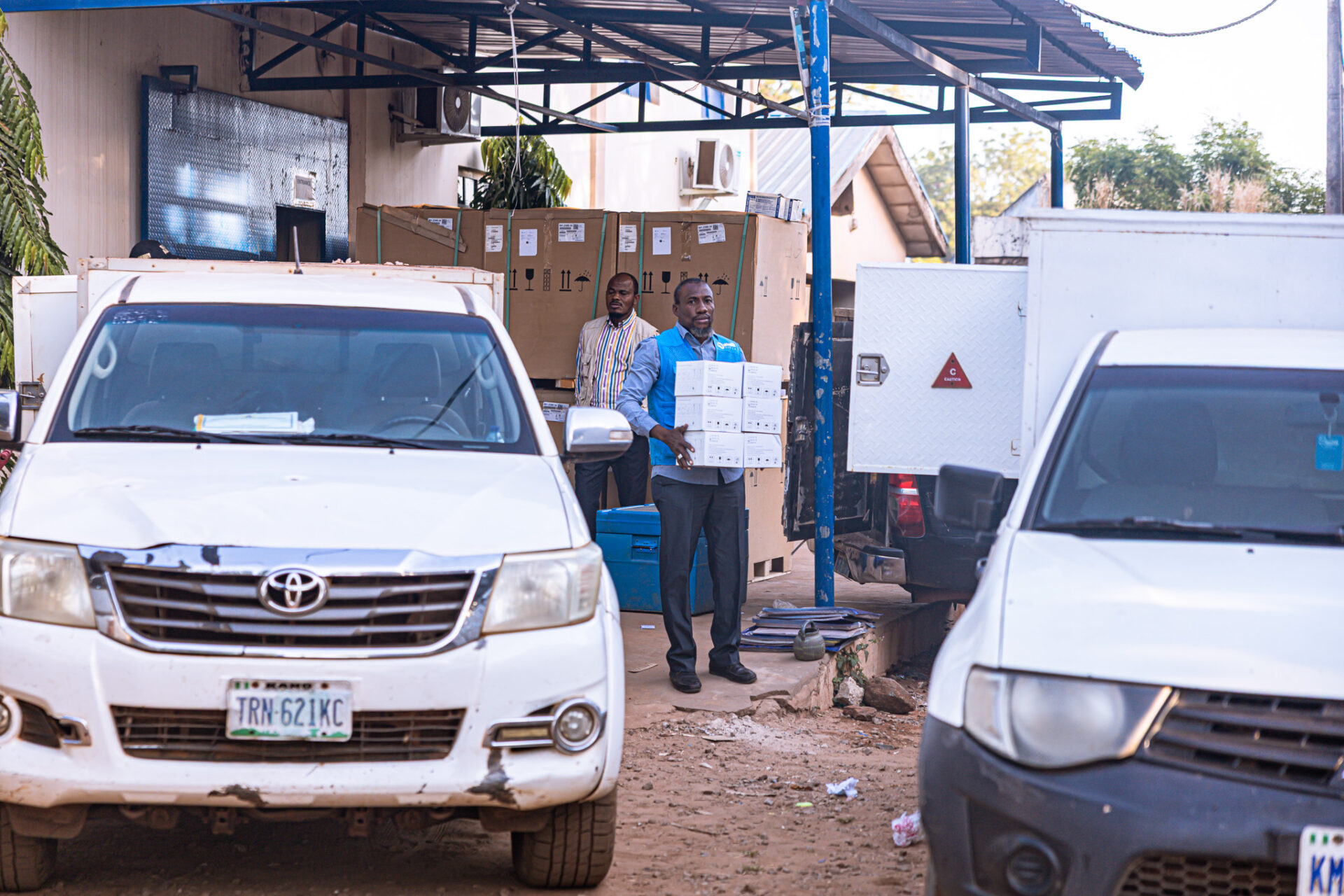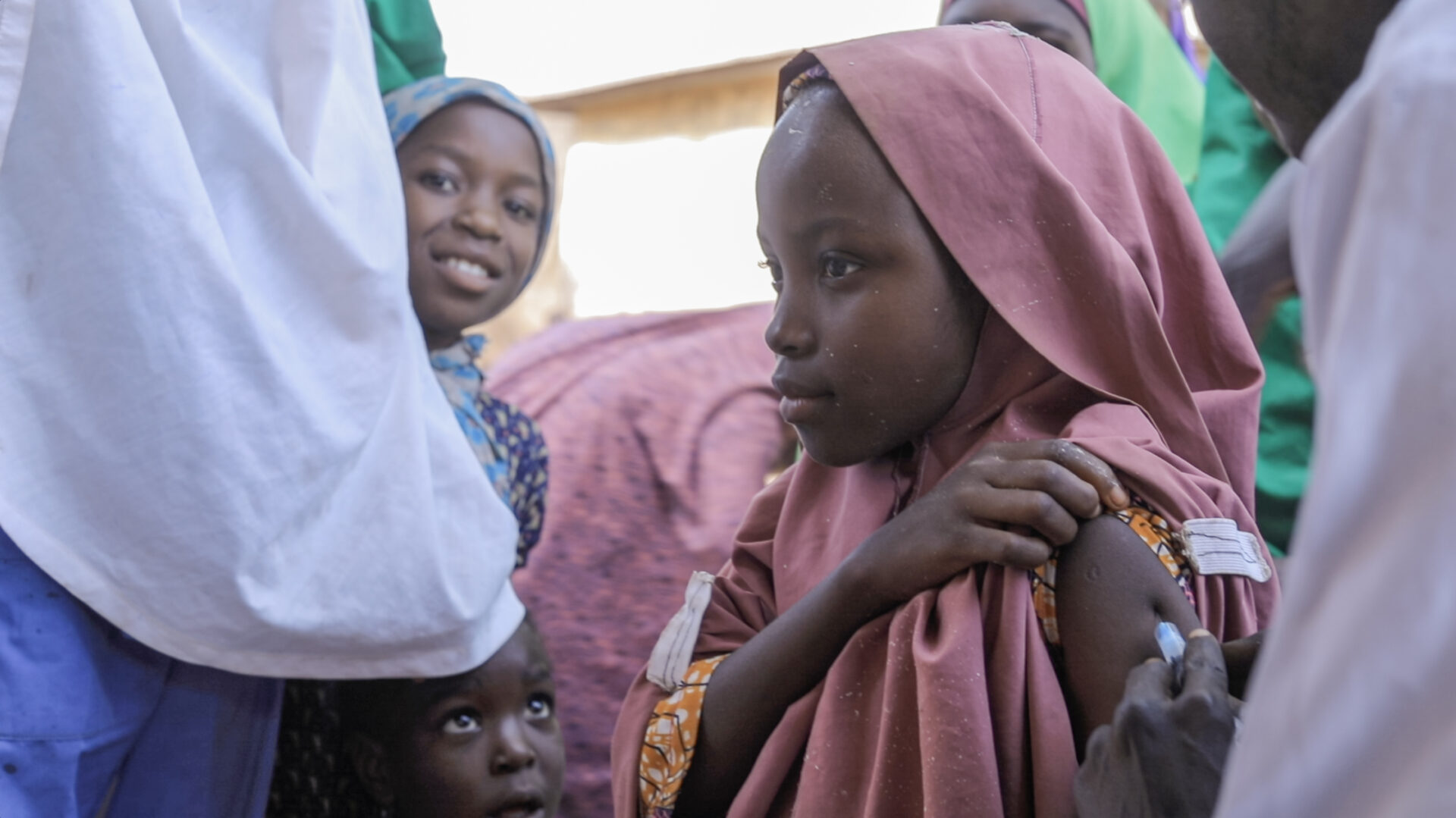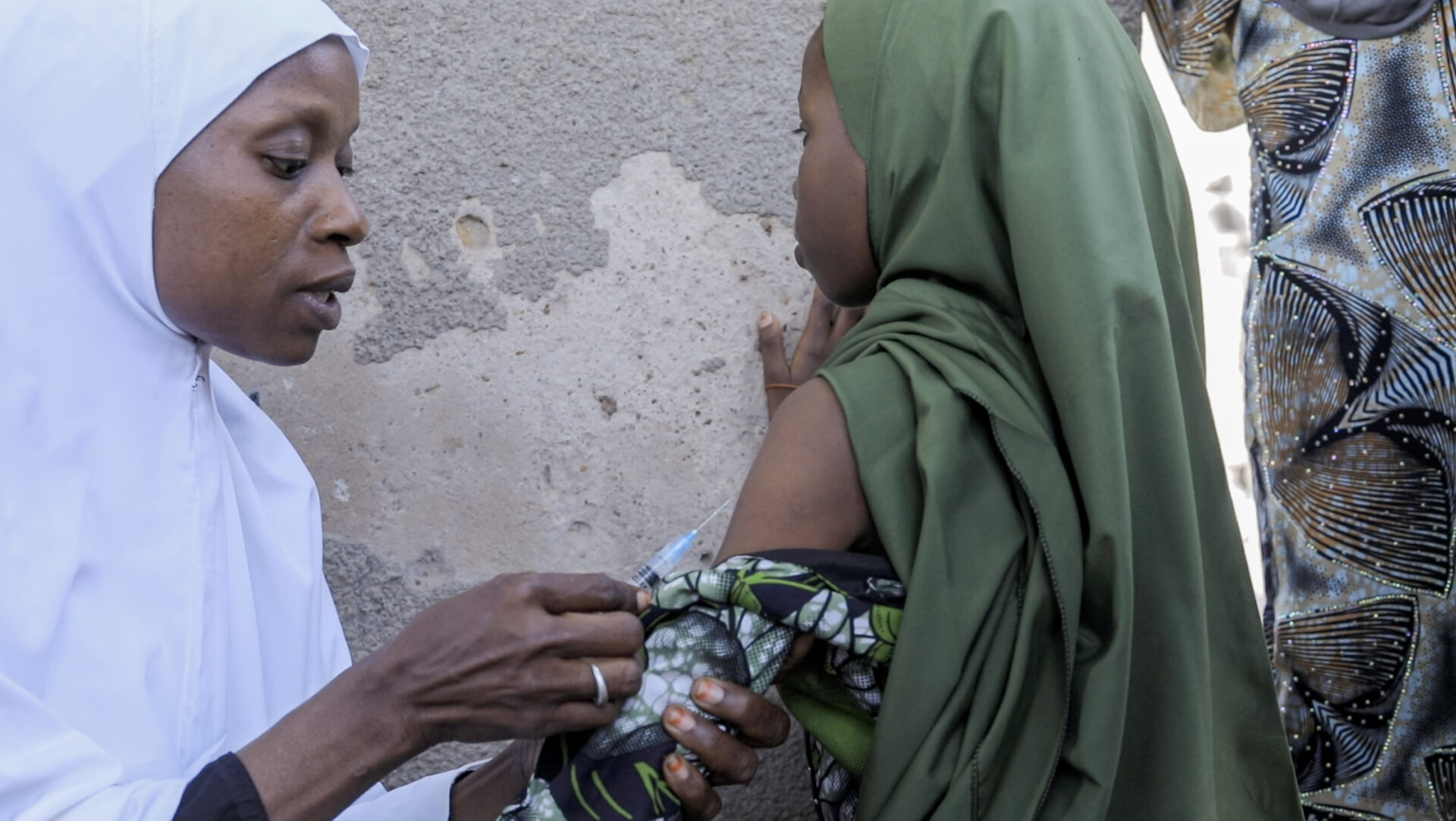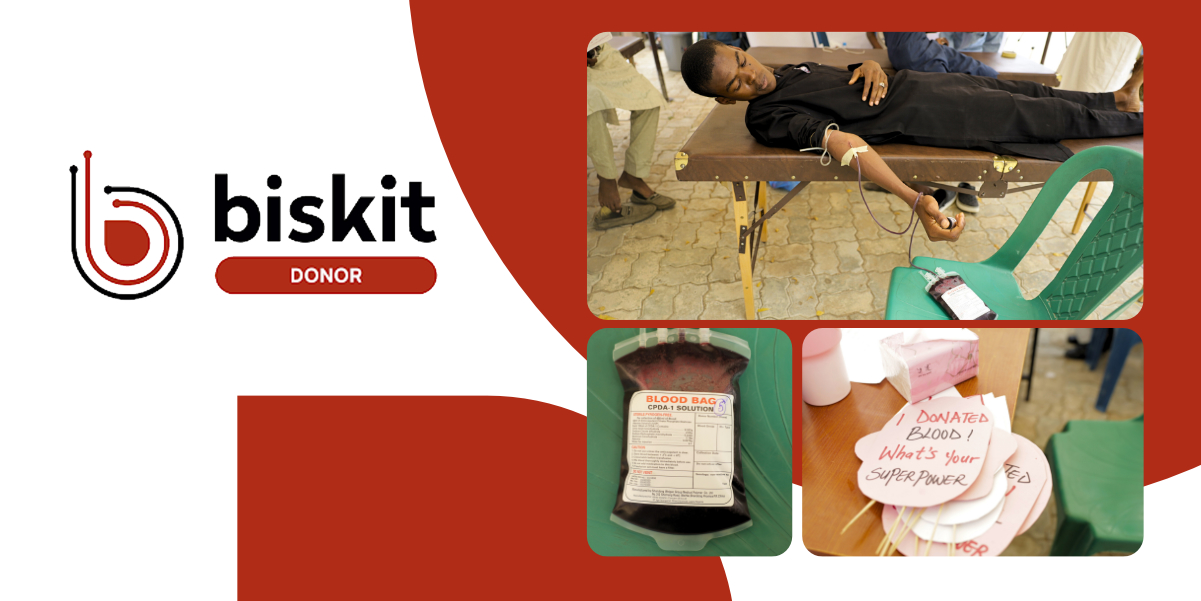November 12, 2025
How eHealth Africa’s Lean Transformation Is Strengthening Collaboration and Impact
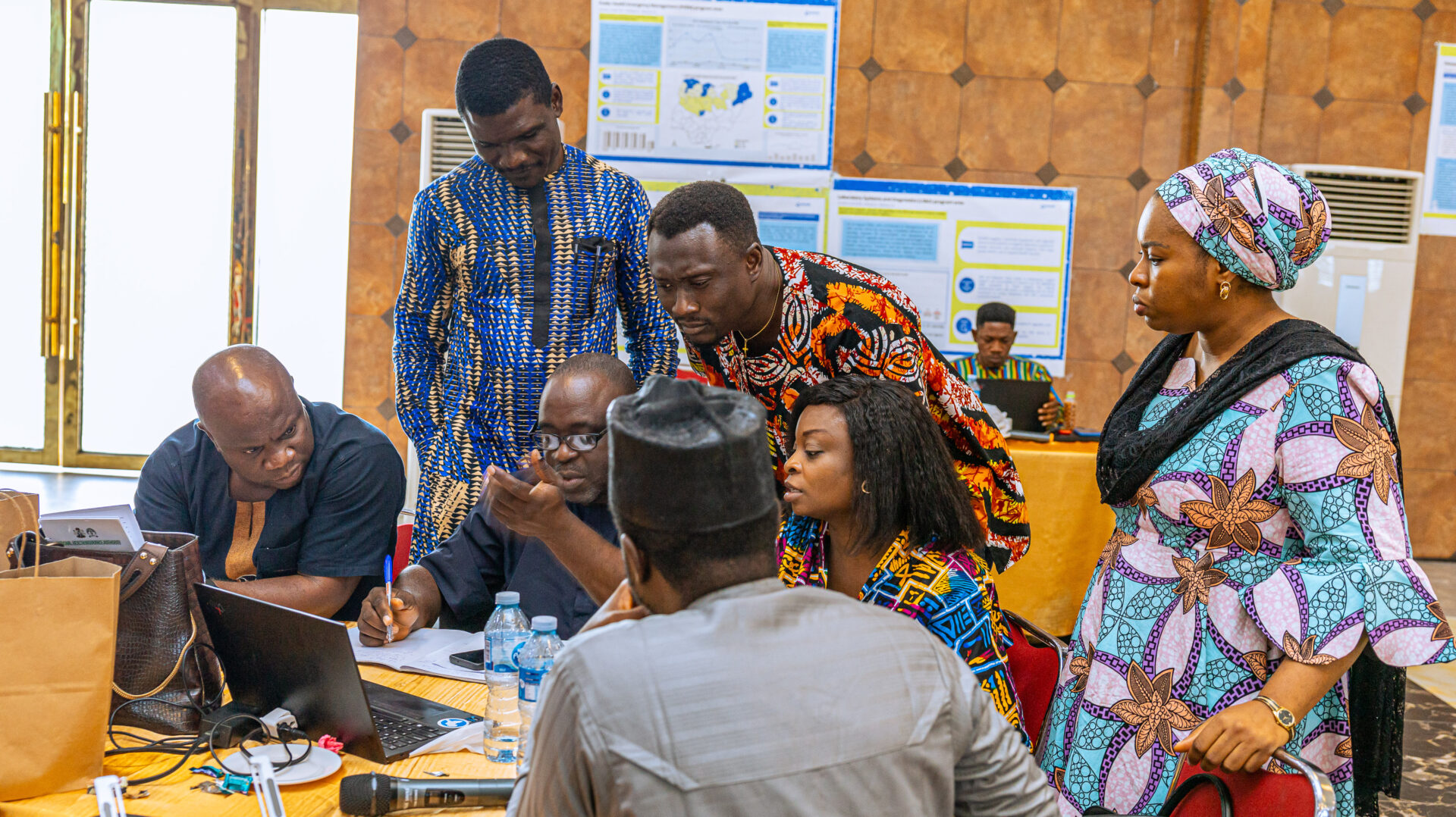
Low- and middle-income countries (LMICs) are already bracing for a steady decline in donor contributions from across the world. At the same time, as health systems grow increasingly vulnerable to the impacts of climate change and other public health challenges, expectations remain high, making a culture of efficiency more essential than ever.
Beyond the external challenge of shrinking donor funds, organizations , particularly community-based ones, continue to battle bureaucratic inefficiencies and duplication of interventions. Duplication of efforts across development projects often results from poor donor coordination in LMICs that receive development assistance. This leads to a loss of agility and responsiveness, with potential delays in overall deliverables.
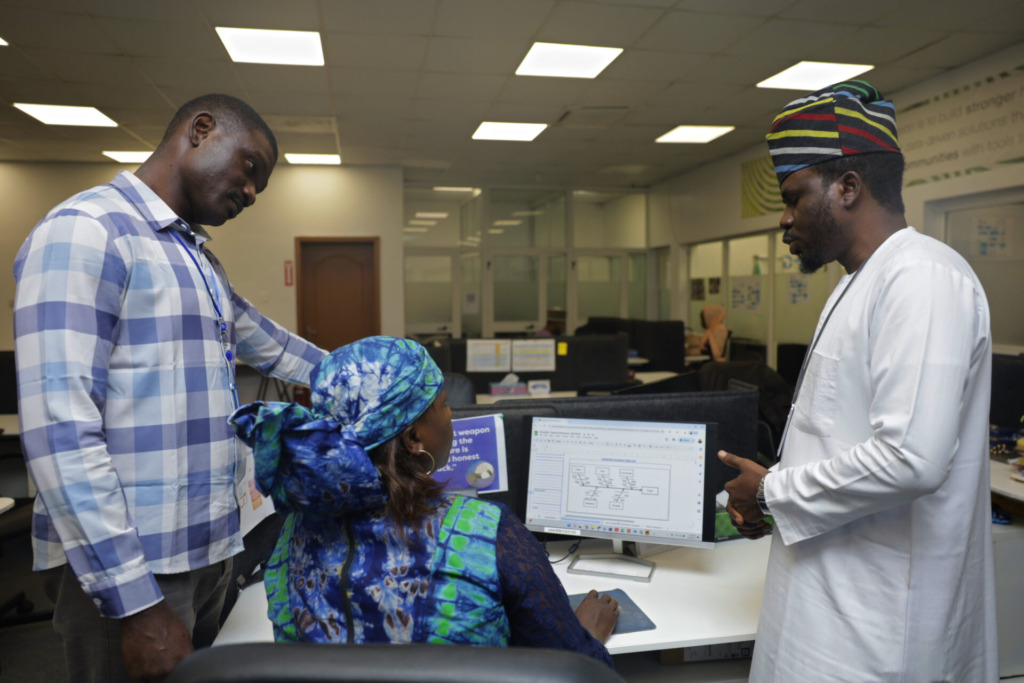
In an era that calls for the acceleration of local innovation, especially in digital health and public health interventions, every resource must be used judiciously to achieve optimal impact. In response, organizations are taking intentional steps to implement Lean Management and human-centered approaches in their work. Lean Management is a continuous improvement philosophy that focuses on maximizing value, minimizing waste, and empowering teams to work more efficiently and effectively.
One of the organizations leading this charge is eHealth Africa (eHA). A few months ago, the Executive Director, Atef Fawaz, initiated an internal drive to promote a culture of Lean Management across the organization and by extension, in its engagements with key partners. This was preceded by comprehensive strategic training of managers and senior managers on the critical tenets of Lean management approach to Non-Profits.
According to Atef, adopting a lean mindset is not only about maximizing output by eliminating waste of time and resources but also about ensuring that communities remain at the center of decision-making. He said, “Lean helps us stay grounded in what communities are telling us, not what we think we know.” Considering all eHealth Africa’s digital health solutions are human-centered, Atef reiterated that, “feedback from communities remains key, even as Lean supports consistent knowledge sharing and capacity building.” This, according to him, helps build the sustainability our work thrives on.
With clear results to show for it, this cultural shift at eHealth Africa has continued to strengthen trust and credibility among donors and partners. “We have always prided ourselves on transparency and accountability,” Atef adds. “This has endeared us to more donors globally, and integrating Lean principles further into our work can only make it stronger.”
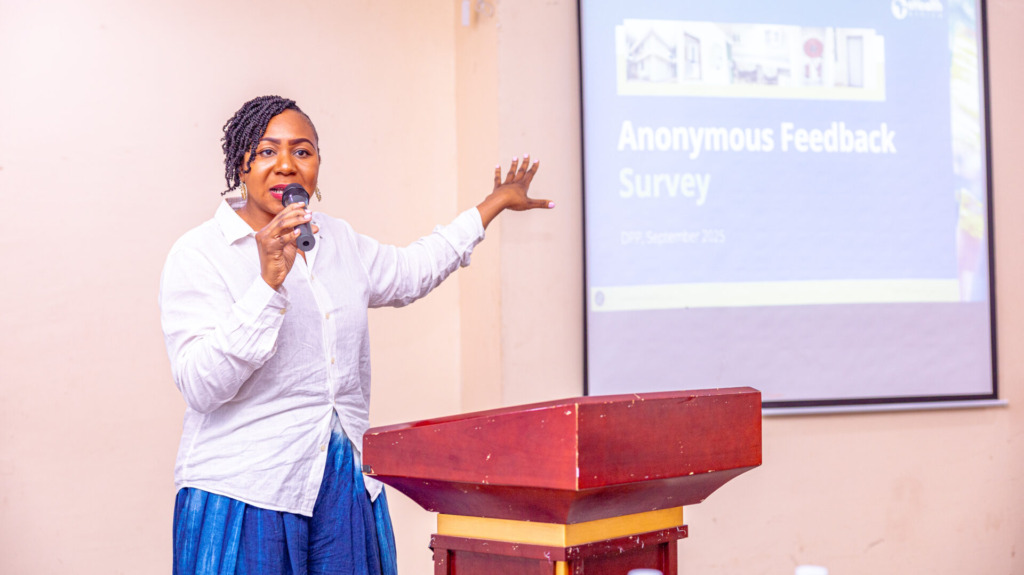
To sustain this shift, eHealth Africa has deployed a series of internal communications and engagement strategies to enlighten its teams on the principles of Lean Management, from identifying waste and reducing duplication to ensuring that public health interventions are delivered efficiently, with communities in mind.
Equally important, top managers and directors are embracing the Gemba Walk; a Lean practice where leaders step out of their offices and go to “the real place” where value is created. This includes project sites, data centers, or field locations. These visits give team members the opportunity to share experiences openly, helping leaders understand challenges and areas for improvement.
In addition, eHealth Africa has integrated smart working tools like Asana to enhance efficiency and transparency. The use of Asana has made project delivery more measurable, collaborative, and accountable.
According to Dena Lu, Chief of Staff to the Executive Director and eHA’s Asana Champion, Asana helps embody the Lean mindset of continuous improvement by keeping every task visible, organized, and aligned with our strategic goals. “It eliminates confusion, reduces time spent chasing updates, and allows me to quickly identify what can be improved in our workflows.”, She said. With Asana, Dena is able to track progress in real time, streamline communication across teams, and ensure that every action contributes to greater impact.
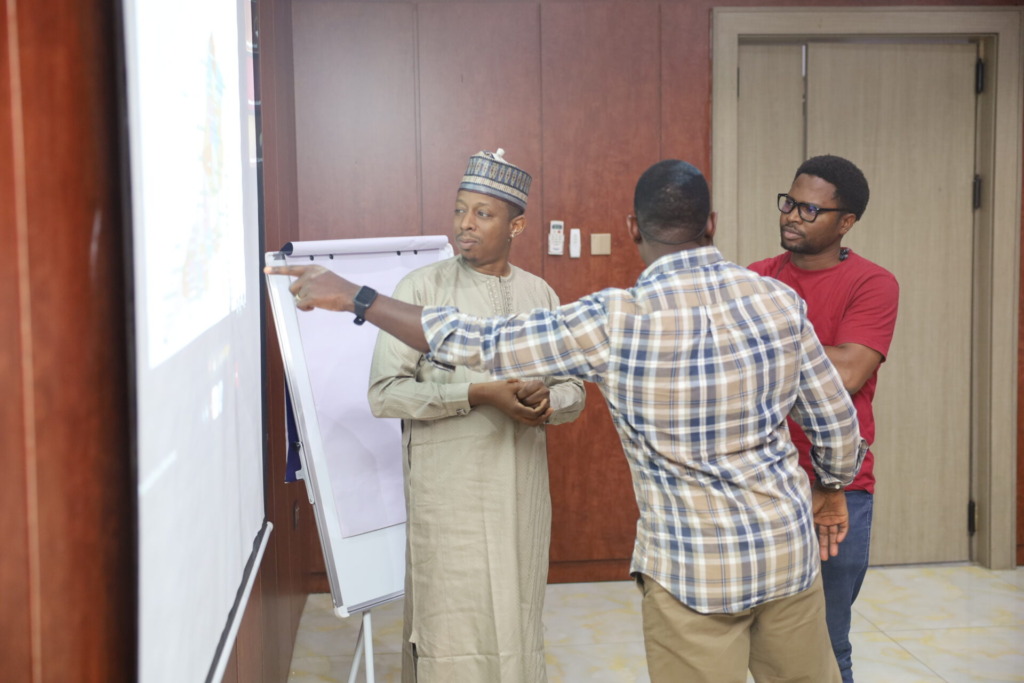
Corroborating this, Solomon Emmanuel from the Information Communications and Technology (ICT) Help Desk notes that the user-friendly platform has become the backbone of transparency and accountability within the ICT team, bringing all our operational, technical, and administrative activities into one unified platform. “It gives me clear visibility into what needs to be done, who is responsible, and the current stage of each task; effectively breaking down silos and improving coordination across the team.”, he said
For Tope Ogunseye-Falodun, who leads the Project Support Unit, Asana has brought new order to teamwork. “Automated reminders prevent missed tasks, shared project spaces reduce duplication, and clearer timelines keep everyone aligned.”, she added
Overall, tools like Asana, alongside other Lean-inspired strategies like the launch of the Meeting Optimization to minimize unproductive meetings and protect deep work, have helped translate eHealth Africa’s strategic objectives into structured, visual workflows where accountability and improvement happen naturally. As Fozia Malik, Deputy Director, People & Organizational Strategy, explains; “It’s easier to spot what can be refined before it slows us down, a true reflection of Lean’s focus on flow.”
The results are visible and tangle with project alignment to strategic goals increasing to 86% from 81% in September and continued success in reducing No-Cost Extensions (NCEs) across all quarters of 2025 compared to 2024, maintaining the 25% overall reduction rate. Also, eHealth Africa’s latest innovations like Climate Health Vulnerability Assessment Tool (CHAT) and other upcoming innovations were consistently reviewed and refined based on feedback from users in the communities we serve.

As eHealth Africa continues to strengthen its operational culture through Lean Management and human-centered design, the organization is setting a new standard for efficiency, accountability, and community-driven impact in global health. By embedding continuous improvement into everyday workflows, empowering teams with the right tools, and listening closely to the voices of the communities it serves, eHealth Africa is not only optimizing how it works but also reshaping how impact is sustained.
